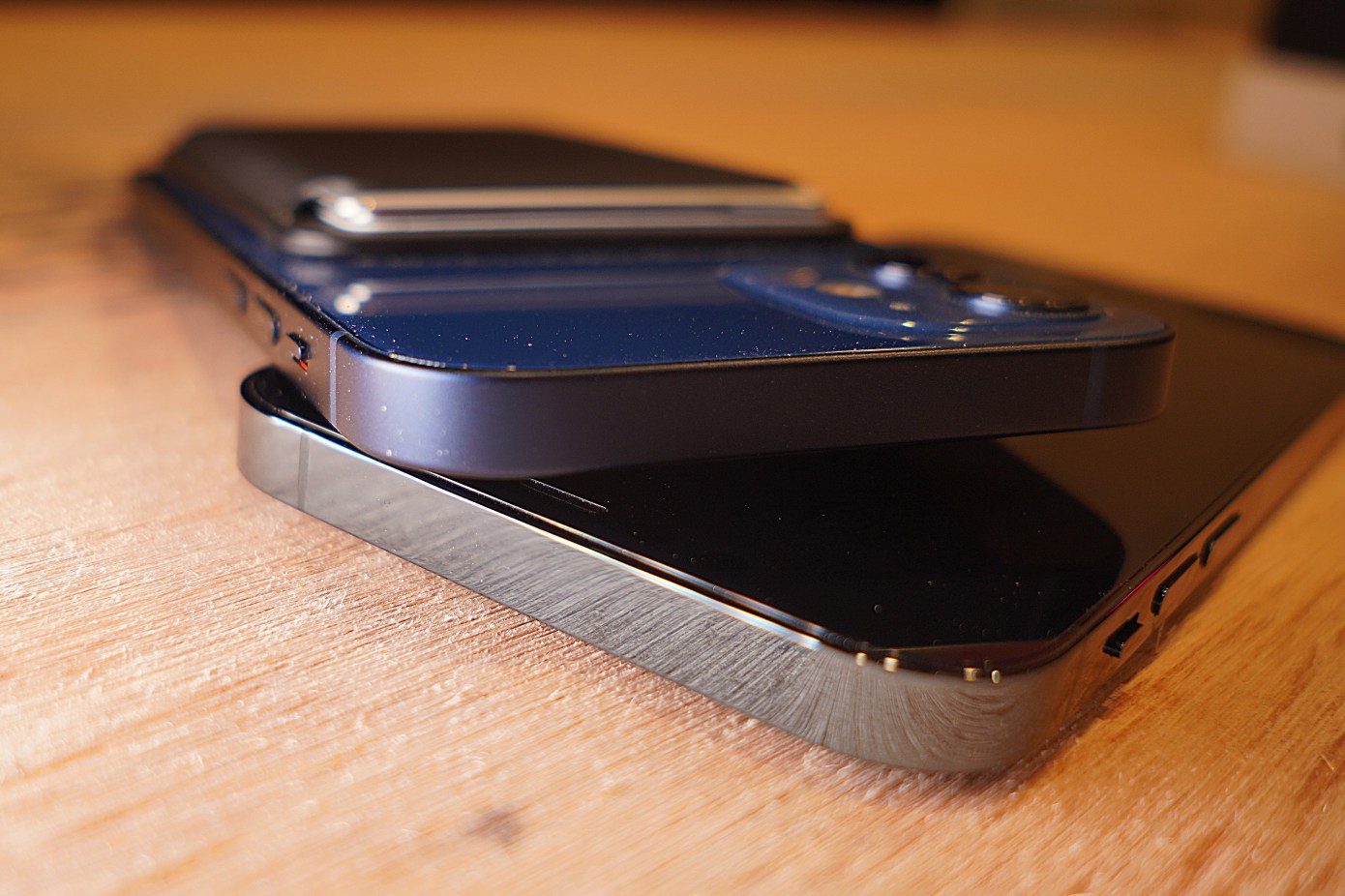
 French Regulators Order Apple to Fix iPhone 12’s Excess Radiation
French Regulators Order Apple to Fix iPhone 12’s Excess Radiation
Apple is facing pressure to modify the iPhone 12 after France’s radiation watchdog ANFR ordered it to halt sales, claiming the phone exceeds European radiofrequency exposure limits.
The ANFR said lab testing revealed the iPhone 12 emitted higher electromagnetic radiation levels when held near the body versus farther away.
The findings prompted the agency to demand Apple stop French iPhone 12 sales starting September 12th and urgently release a fix.
Apple maintains the iPhone 12 meets certification standards from international bodies, but the ANFR said the phone must comply with European limb exposure limits of 4 watts/kg, versus the 5.74 watts/kg measured.
The news broke right after Apple’s iPhone 15 launch event, leading France’s telecoms minister to publicly accuse Apple of non-compliance in an interview.
While a software update can likely resolve the issue, the pressure aims to force rapid action.
The History of Cell Phone Radiation Concerns
Ever since cell phones proliferated in the 1980s and 90s, worries have lingered about potential links to brain cancer and other health impacts from frequent close-range radiation exposure.
Lawsuits alleged cell phone manufacturers knew of these risks but hid them from the public.
While many cases were dismissed, some insurers began excluding cell phone radiation damages from coverage given the uncertain science.
By the late 90s, the FDA and FCC both adopted Specific Absorption Rate (SAR) limits on the amount of radio-frequency energy absorbed by the body from cell phones.
After that, many other nations followed suit. Apple notes the iPhone 12 meets all applicable SAR limits where it’s sold.
But the controversy persists, with some nations applying the radiation limits more strictly.
There are also calls by researchers and activists to impose larger “safety buffers” to protect children, who in many studies show a much higher radiation absorption rate than adults.
France Increases Pressure on Apple
While exceeding limb exposure limits doesn’t automatically imply dire health consequences, French regulators insist Apple must err on the side of caution.
This marks the first time a minister has intervened publicly following an ANFR radiation finding.
Apple faces fines, a possible recall, or worse if it fails to act within two weeks.
By singling out Apple’s iPhone, France aims to force quicker compliance from a major company.
Apple contends it’s already meeting requirements, but must now navigate each region’s varying standards.
Critics argue France’s selective public reprimand unfairly stokes radiation fears, pointing out the ANFR regularly detects issues across various devices and brands.
Previously, disclosures were made quietly without any type of ministerial commentary at all.
But with public concern over radiation impacts high, French officials seemingly spotted an opportunity to pressure Apple.
For Apple, the reputational hit clouds its iPhone 15 rollout and could spur class action lawsuits over the radiation impacts of it’s products.
Ongoing Scientific Uncertainty Fuels the Controversy
Beneath the political theater lies genuine scientific debate over cell phone radiation risks.
After classifying mobile phones as “possibly carcinogenic” in 2011, the WHO said in 2022 that no conclusions could yet be drawn.
Some experts cite studies linking cell phone use to tumor development, ADHD, Alzheimer’s and DNA damage, while others argue these biological effects don’t clearly demonstrate harm at ordinary exposure levels.
It would appear that big telecom companies have spent a lot of money to influence studies in their favor, keeping the sales of dangerous devices alive and well around the world .
With research inconclusive, precaution advocates urge broader restrictions, especially for children.
Industry groups maintain current standards sufficiently protect public health, and the radiation controversy will likely persist absent definitive long-term human data.
But Apple’s standoff with France shines new light on the gaps between science, politics, and regulation on this complex issue.
For now, Apple must quickly appease French demands or pay the price for defying regulators.
Read the original story here:
TechCrunch




